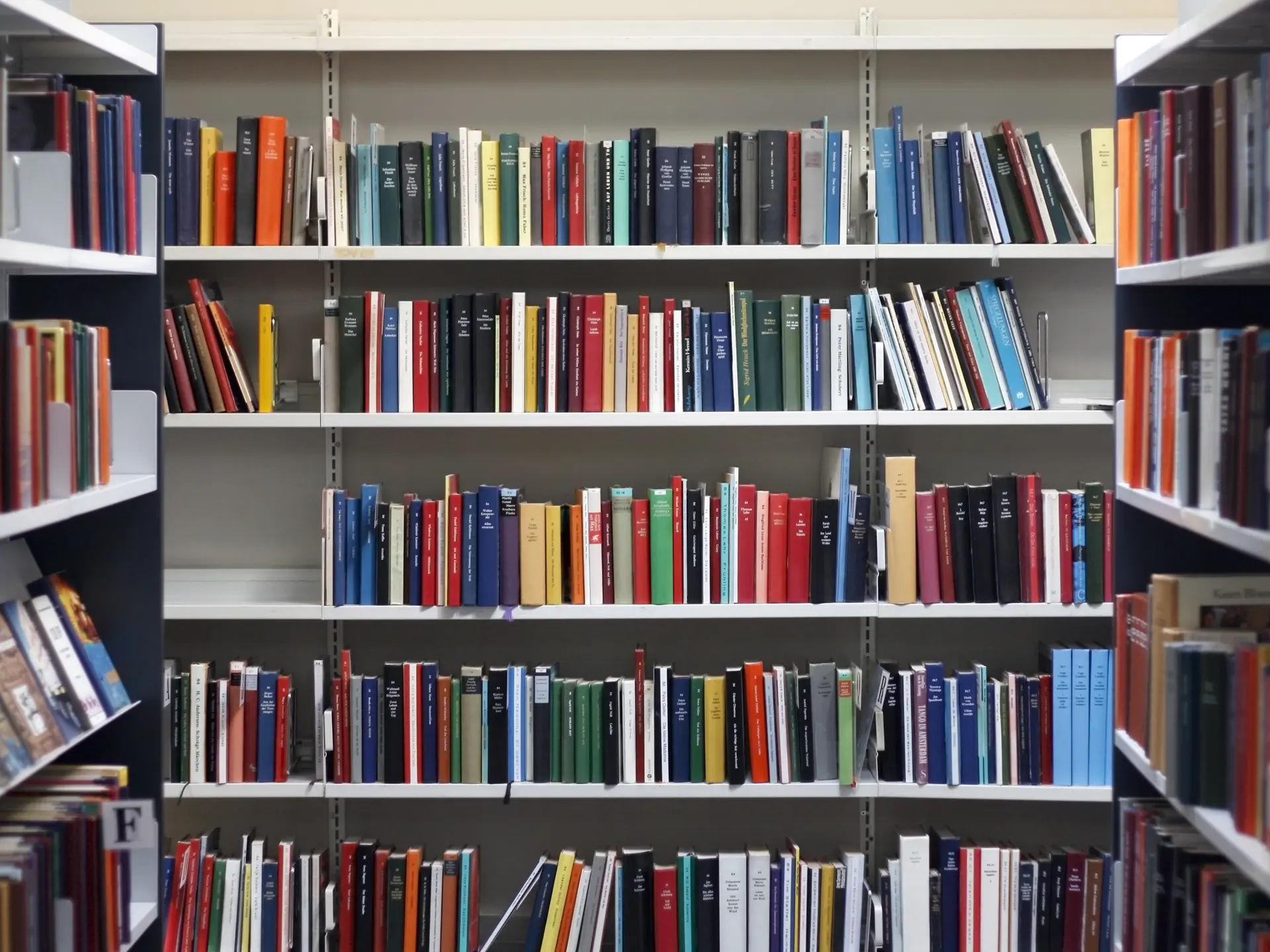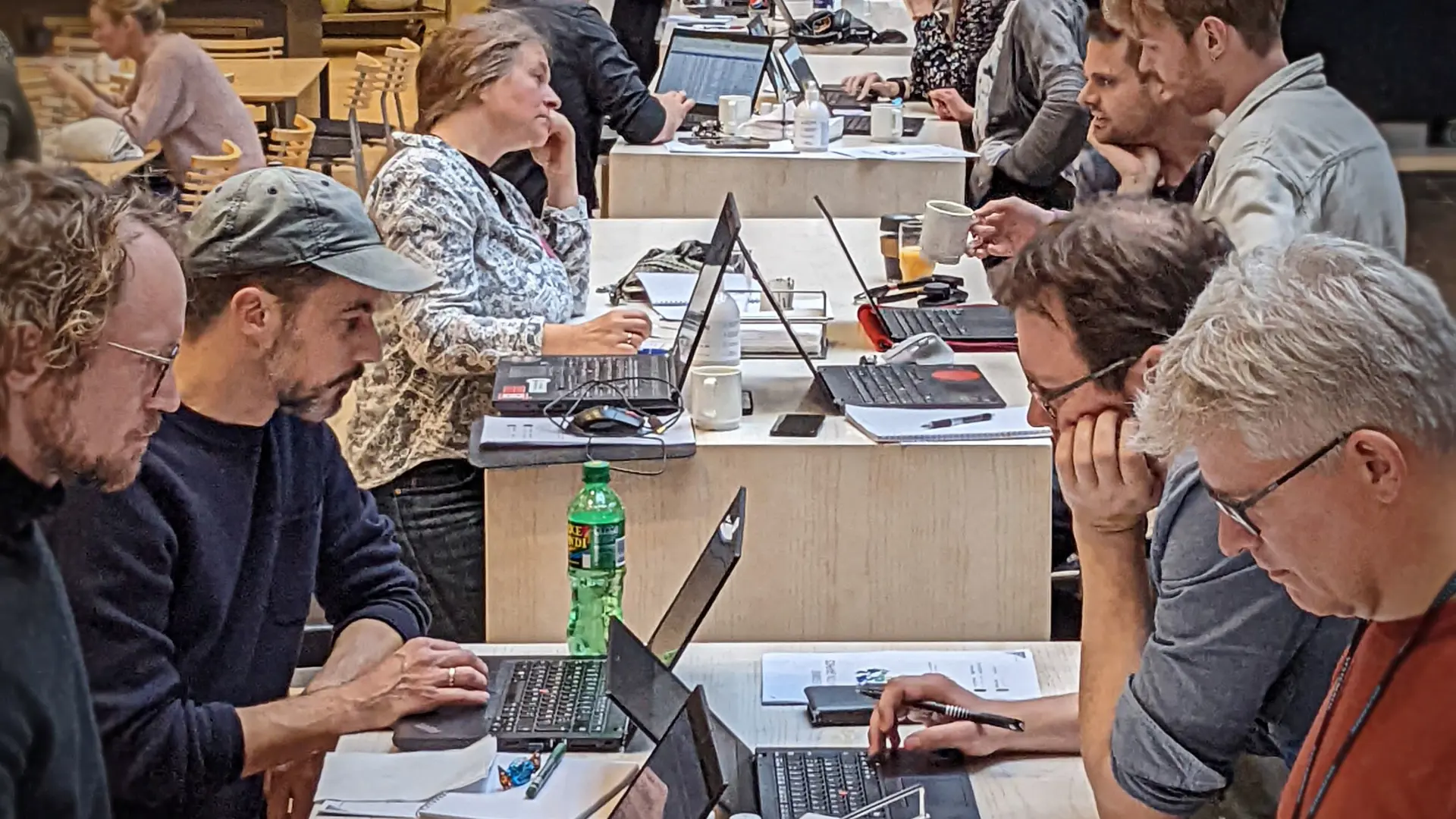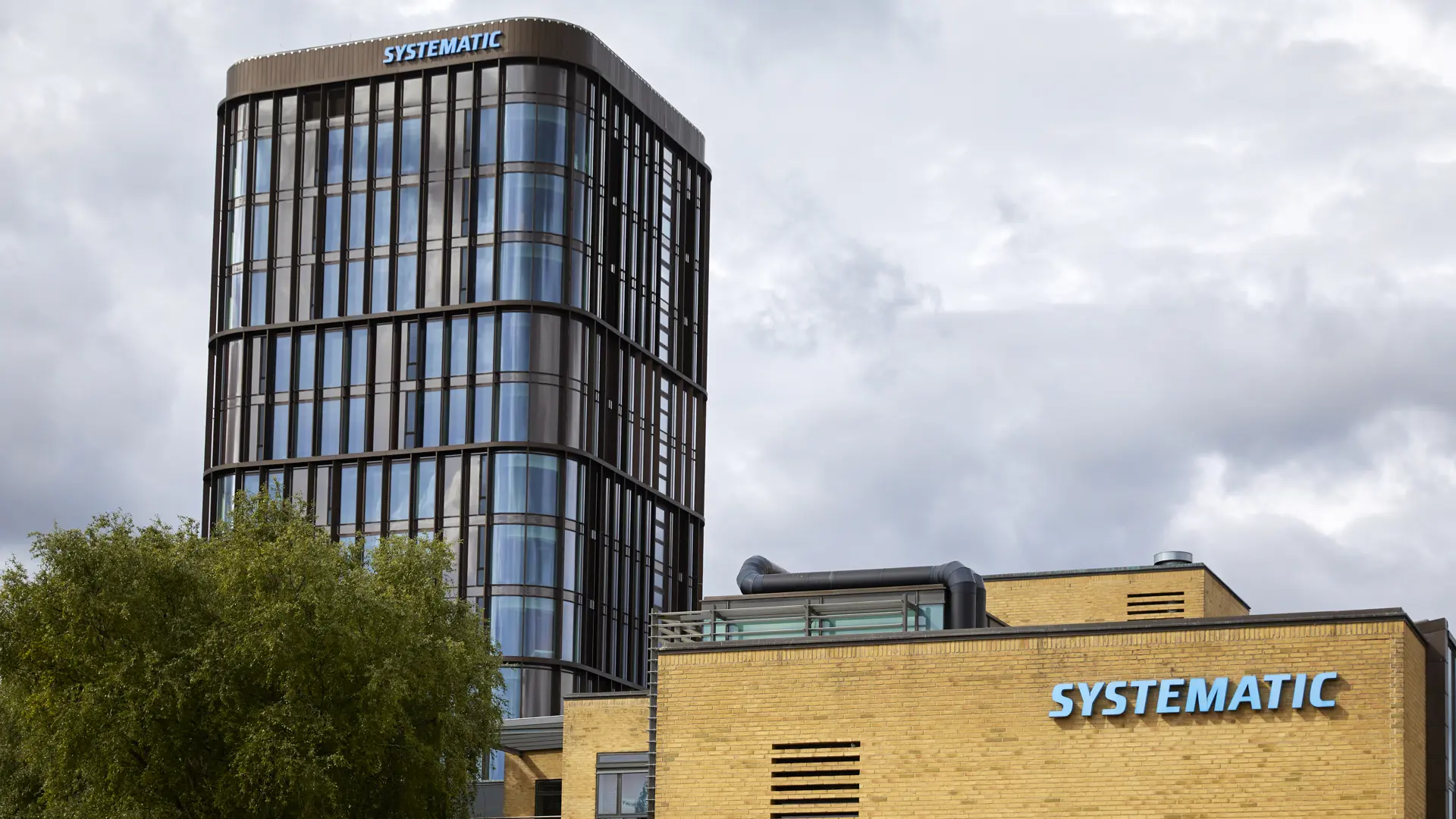The joint public library system
A library system, that ensures overview, collaboration and lower costs. FBS is a user-friendly system that makes it easier for municipalities to work together.
When a librarian cycles to work in the morning, she looks forward to sharing her knowledge and to inspiring children and adults. She is passionate about books, films and educational materials. And about the people she can help by passing on her expertise and know-how.
As soon as she arrives and switches on her PC, she must be welcomed by a system that helps her to do what she excels at. A system which is not a source of trouble, wasted time and frustration.
A joint system offers many benefits
The joint public library system (Det Fælles Bibliotekssystem (FBS)) was rolled out in all municipalities in Denmark at the beginning of 2015, and today has been implemented in basically all public and school libraries. The system was developed with the aim of supporting employees’ tasks, and making the working day more efficient and user-focused while strengthening cooperation between libraries and educational learning centres nationwide.
The joint public library system was developed by Systematic in collaboration with KOMBIT (the municipal IT community). The municipalities were not obliged to join the project, but everyone could see the advantages of a joint system, which does not have to be maintained and developed locally. And which ensures effective communication across municipal borders.
A strong motor
At the core of the project is Cicero, our library management system. This is a modular system that is easy and intuitive to use, even for those not using it on a daily basis. Cicero is based on an open platform with recognised standards, which makes it integrable with other municipal systems and databases.
Always up to par
We are continually developing Cicero, so that it always matches user wishes and expectations. Every other week there is a new release, which immediately benefits employees at Danish libraries as well as library-users.
Fully focussed on effective implementation
Rolling out a joint system in every municipality in Denmark was a huge task. We prepared an extremely detailed plan of action, and then started to implement the system at a rate of two municipalities a week.
Each municipality had implementation consultants on hand, and were offered courses and other assistance with taking the system into use, so that everyone was introduced to and started using the system in the best possible way.








